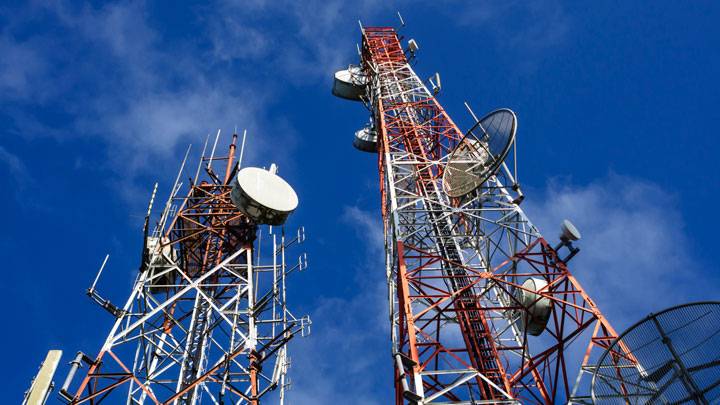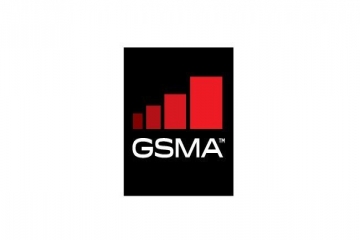Low-interest spectrum auction may still improve data bandwidth, services
“The appetite for data consumption of the Indian consumers is increasing; so operators need more spectrum. Latest addition will help operators give quality broadband with better speed,” Rajan S. Mathews, Director General, Cellular Operators’ Association of India, told IANS.
According to him, each customer in the counrty consumes around 10 GB data on an average per month and this is growing between 20 to 30 per cent year-on-year.

“The spectrum auction has enabled most players to fill gaps in their network, which means users will be able to choose among several players for mobile broadband services. Further, the additional spectrum will help improve quality of services,” Mahesh Uppal, Director of consultancy firm, Com First, told IANS.
But telecom operators need not worry about finding customers, or their thirst for broadband, in the near term. Subscriptions worldwide are growing at around 20 per cent each year, according to the Ericsson Mobility Report.
Published in June 2016, the report says that global broadband subscriptions would reach 7.7 billion by 2021, accounting for 85 percent of all subscriptions. “Mobile broadband will complement fixed broadband in some segments, and will be the dominant mode of access in others,” it says.
Rishi Tejpal, Principal Analyst on Telecom Business Strategy at Gartner, a tech research company, says the improvement in service from operators would come because they would be able to expand their coverage and capacity. “In terms of connectivity, the additional spectrum will allow operators to enhance their mobile broadband footprint, thus offering better and wider availability of these services.”
Talking about 4G connectivity in India, Tejpal said: “India is already 4G enabled and operators have picked up spectrum in other bands to fill the gaps and expand their 4G footprint.”
India’s telecom spectrum auction ended on Thursday, closing within five days with a total commitment of only Rs 65,789 crore ($9.8 billion) or about 11.6 per cent of the expected Rs 5.66 lakh crore ($88.5 billion). Of the 2,354 MHz on offer, only 965 MHz or 41 per cent was sold.
“The bidding this year was rational. Operators did not overpay for the spectrum. That is a good news as the telecom companies can invest more for network enhancement,” Mathews said.
The auction went through 31 rounds for seven bands —-700 MHz, 800 MHz, 900 MHz, 1,800 MHz, 2,100 MHz, 2,300 MHz and 2,500 MHz. There were no takers for 700 MHz and 900 MHz.
Telecomlead.com




